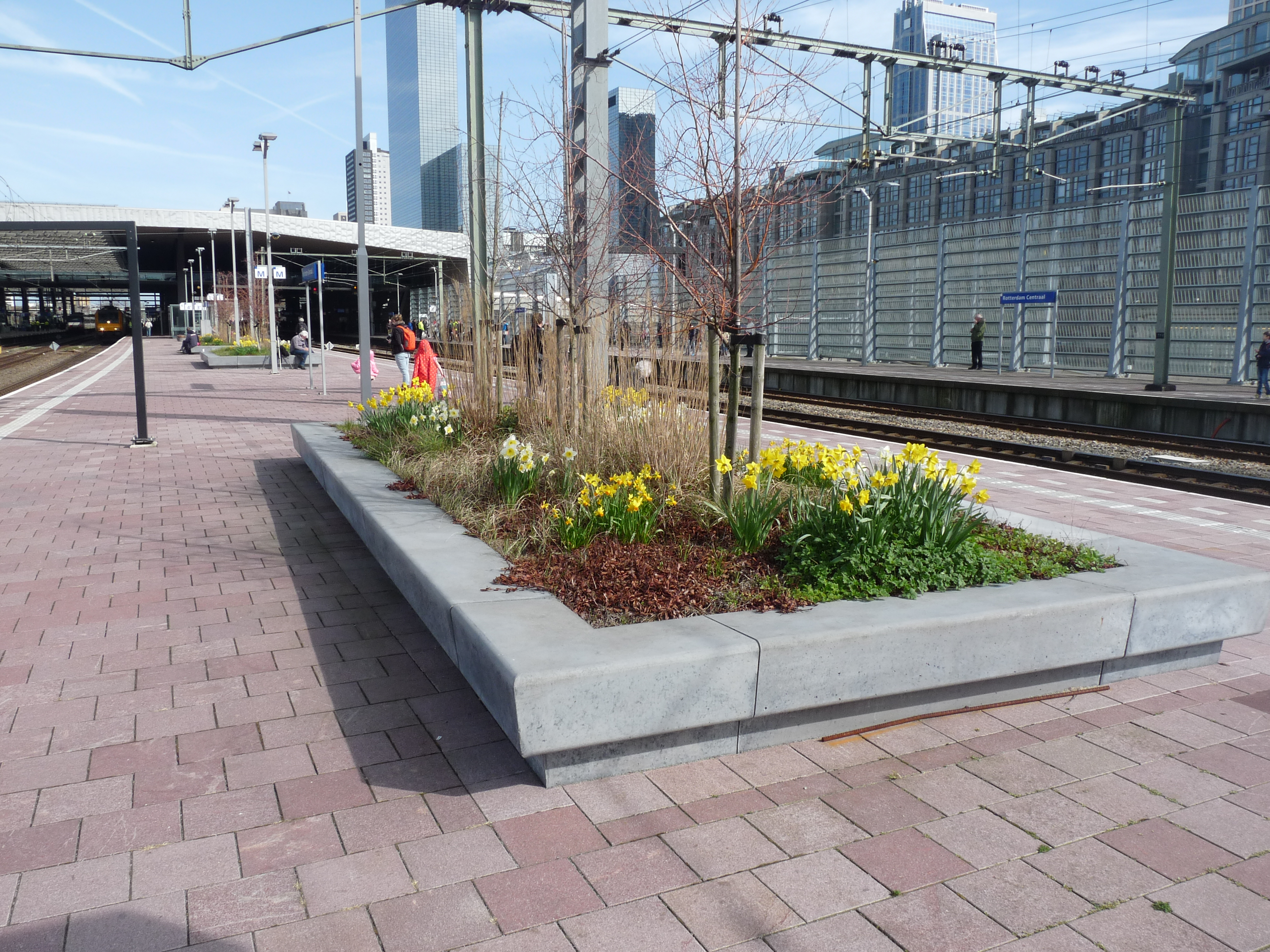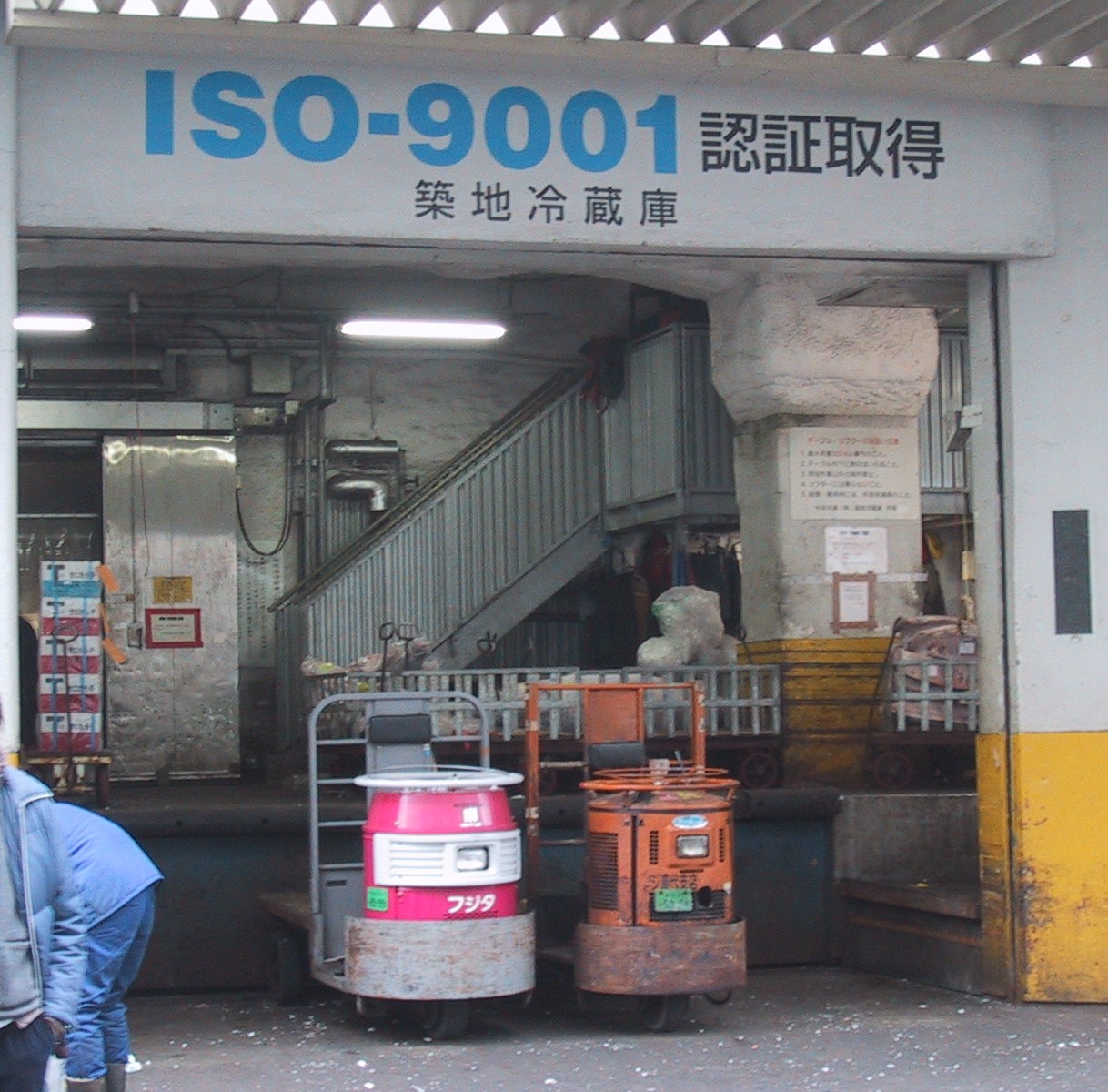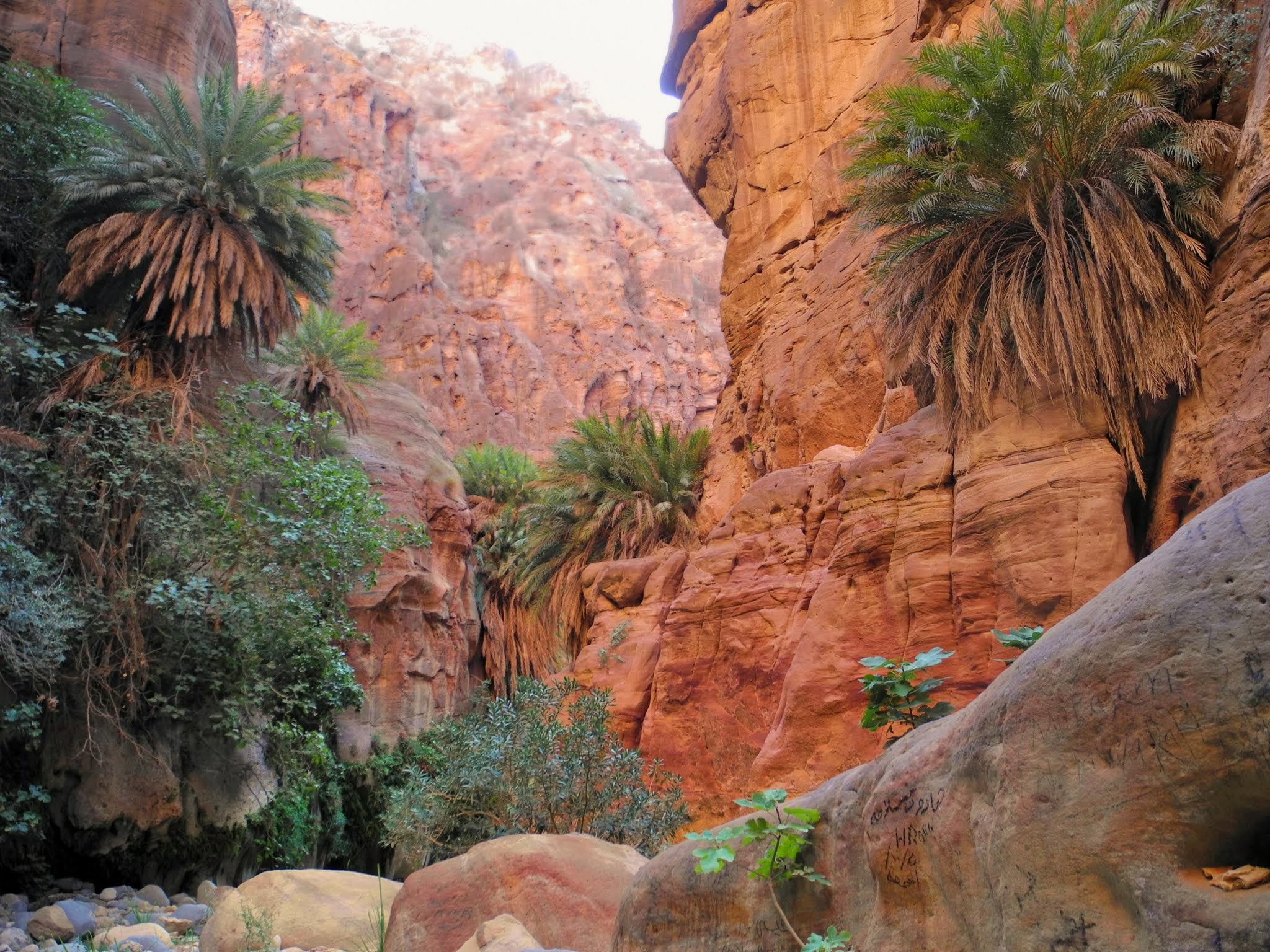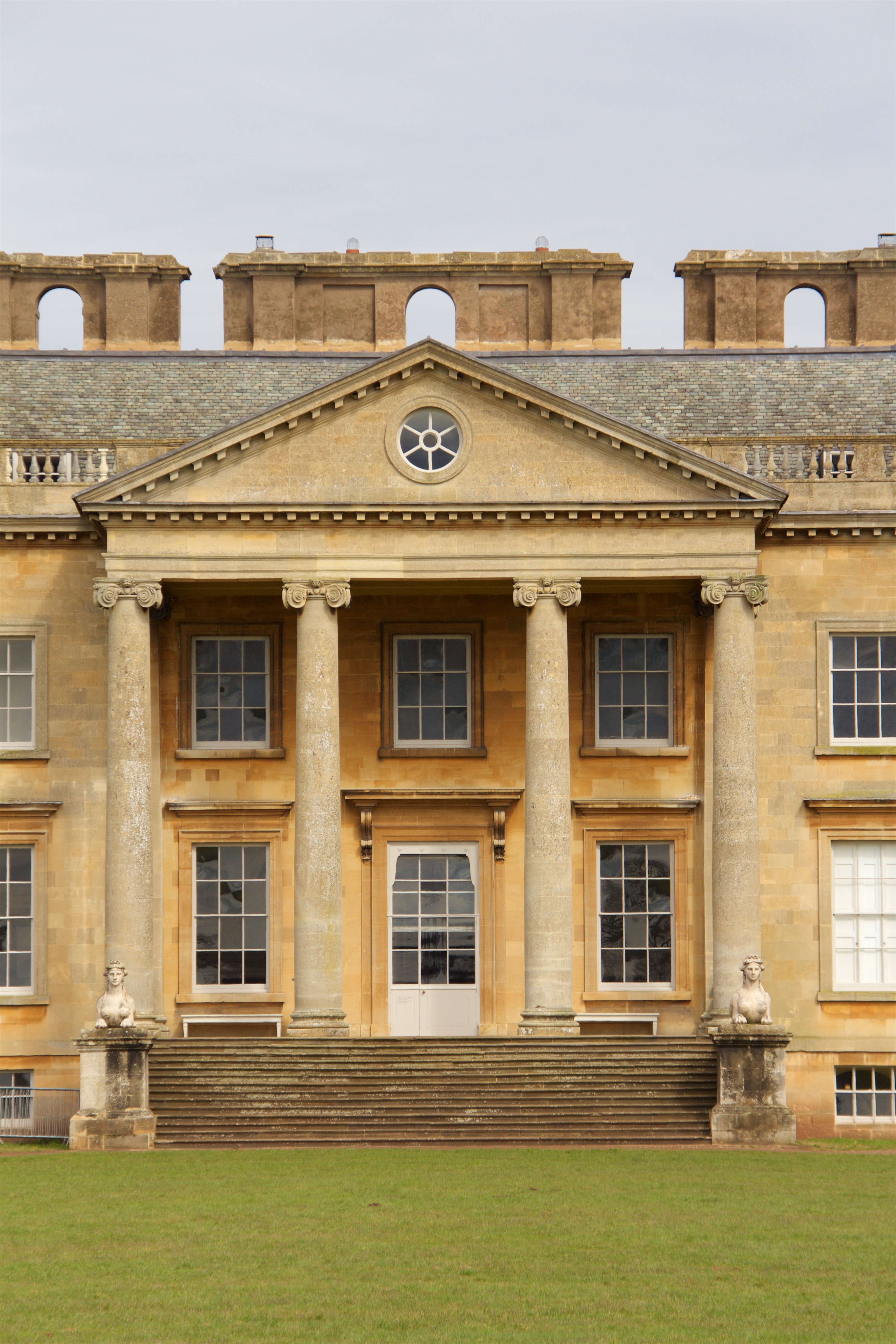|
Secunderabad Junction
Secunderabad Junction (station code: SC) is a major intercity junction railway station and a commuter rail hub in the Hyderabad urban area. In the city centre, the station is in the South Central Railway zone of Indian Railways. Built in 1874 by the Nizam of Hyderabad during the British era, it was the main station of Nizam's Guaranteed State Railway until the Kacheguda railway station opened in 1916. The station was taken over by Indian Railways in 1951, when NGSR was nationalized. Its main portico and concourse are influenced by Nizamesque architecture. The station, which resembles a fort, is a tourist attraction in the twin cities of Hyderabad and Secunderabad. It is connected by rail to all regions of India. About 170,000 passengers arrive at (or depart from) the station daily on 229 trains. On the Vijayawada–Wadi (the SCR's main line) and Secunderabad–Manmad railway lines, it is the zone headquarters of the South Central Railway and the headquarters of the SCR's Secu ... [...More Info...] [...Related Items...] OR: [Wikipedia] [Google] [Baidu] |
Indian Railways Suburban Railway Logo
Indian or Indians may refer to: Peoples South Asia * Indian people, people of Indian nationality, or people who have an Indian ancestor ** Non-resident Indian, a citizen of India who has temporarily emigrated to another country * South Asian ethnic groups, referring to people of the Indian subcontinent, as well as the greater South Asia region prior to the 1947 partition of India * Anglo-Indians, people with mixed Indian and British ancestry, or people of British descent born or living in the Indian subcontinent * East Indians, a Christian community in India Europe * British Indians, British people of Indian origin The Americas * Indo-Canadians, Canadian people of Indian origin * Indian Americans, American people of Indian origin * Indigenous peoples of the Americas, the pre-Columbian inhabitants of the Americas and their descendants ** Plains Indians, the common name for the Native Americans who lived on the Great Plains of North America ** Native Americans in the U ... [...More Info...] [...Related Items...] OR: [Wikipedia] [Google] [Baidu] |
Hyderabad
Hyderabad ( ; , ) is the capital and largest city of the Indian state of Telangana and the ''de jure'' capital of Andhra Pradesh. It occupies on the Deccan Plateau along the banks of the Musi River (India), Musi River, in the northern part of Southern India. With an average altitude of , much of Hyderabad is situated on hilly terrain around Hyderabad city lakes, artificial lakes, including the Hussain Sagar lake, predating the city's founding, in the north of the city centre. According to the 2011 Census of India, Hyderabad is the List of cities in India by population, fourth-most populous city in India with a population of residents within the city limits, and has a population of residents in the Hyderabad Metropolitan Region, metropolitan region, making it the List of metropolitan areas in India, sixth-most populous metropolitan area in India. With an output of 74 billion, Hyderabad has the fifth-largest urban economy in India. Muhammad Quli Qutb Shah established Hy ... [...More Info...] [...Related Items...] OR: [Wikipedia] [Google] [Baidu] |
Hyderabad State
Hyderabad State () was a princely state located in the south-central Deccan region of India with its capital at the city of Hyderabad. It is now divided into the present-day state of Telangana, the Kalyana-Karnataka region of Karnataka, and the Marathwada region of Maharashtra in India. The state was ruled from 1724 to 1857 by the Nizam, who was initially a viceroy of the Mughal empire in the Deccan. Hyderabad gradually became the first princely state to come under British paramountcy signing a subsidiary alliance agreement. During British rule in 1901 the state had an average revenue of Rs. 417,000,000, making it the wealthiest princely state in India. The native inhabitants of Hyderabad Deccan, regardless of ethnic origin, are called "Mulki" (countryman), a term still used today. The dynasty declared itself an independent monarchy during the final years of the British Raj. After the Partition of India, Hyderabad signed a standstill agreement with the new dominion of India ... [...More Info...] [...Related Items...] OR: [Wikipedia] [Google] [Baidu] |
TSRTC
Telangana State Road Transport Corporation (abbreviated as TSRTC) is a state-owned corporation that runs bus transport services to and from the Indian state of Telangana. It was formed in 2014 by splitting the Andhra Pradesh State Road Transport Corporation. Many other Indian metro towns in Andhra Pradesh, Karnataka, Maharashtra, Goa and Chhattisgarh are also linked with the services of TSRTC. It serves about 6 million passengers every day, having three zones and services operating through 97 depots. History Road transport corporation in Telangana State was first established as NSRRTD ( Nizam State Rail & Road Transport Department), a wing of Nizam State Railway in the erstwhile Hyderabad State, in 1932, with 27 buses and 166 employees. Andhra Pradesh State Road Transport Corporation (APSRTC) was established on 11 January 1958 in pursuance of the Road Transport Corporations Act 1950. Consequent upon bifurcation of Andhra Pradesh state into Telangana and residual Andhra Pra ... [...More Info...] [...Related Items...] OR: [Wikipedia] [Google] [Baidu] |
Hyderabad Multi-Modal Transport System
The Hyderabad Multi-Modal Transport System, commonly abbreviated MMTS, is a suburban rail system in Hyderabad, India. A joint venture of the government of Telangana and the South Central Railway, it is operated by the latter. The system operates on three main routes: Falaknuma–Lingampalli, Hyderabad–Falaknuma and Hyderabad–Lingampalli. History The first phase was opened to the public on 9 August 2003 by Deputy Prime Minister of India L.K. Advani. The second phase was opened by N.Chandrababu Naidu, chief minister of Andhra Pradesh. The system has three lines, with total length of . In May, 2010, Indian Railways decided to take over the Phase II project at an estimated cost of 641 crore. The Railway Board cleared the second phase after the state government agreed to fund two-thirds of the cost, and it is under construction. Phase I The first phase was completed at a cost of , and it was inaugurated on 9 August 2003 by Deputy Prime Minister of India L. K. Advani. The ... [...More Info...] [...Related Items...] OR: [Wikipedia] [Google] [Baidu] |
Railway Platform
A railway platform is an area alongside a railway track providing convenient access to trains. Almost all stations have some form of platform, with larger stations having multiple platforms. The world's longest station platform is at Hubbali Junction in India at .Gorakhpur gets world's largest railway platform ''The Times of India'' The in the United States, at the other extreme, has a platform which is only long enough for a single bench. Among some United States train conductors the word "platform" has entered [...More Info...] [...Related Items...] OR: [Wikipedia] [Google] [Baidu] |
ISO 9000
The ISO 9000 family is a set of five quality management systems (QMS) standards that help organizations ensure they meet customer and other stakeholder needs within statutory and regulatory requirements related to a product or service. ISO 9000 deals with the fundamentals of QMS, including the seven quality management principles that underlie the family of standards. ISO 9001 deals with the requirements that organizations wishing to meet the standard must fulfill. ISO 9002 is a model for quality assurance in production and installation. ISO 9003 for quality assurance in final inspection and test. ISO 9004 gives guidance on achieving sustained organizational success. Third-party certification bodies provide independent confirmation that organizations meet the requirements of ISO 9001. Over one million organizations worldwide are independently certified, making ISO 9001 one of the most widely used management tools in the world today. However, the ISO certification process has b ... [...More Info...] [...Related Items...] OR: [Wikipedia] [Google] [Baidu] |
Secunderabad–Manmad Line
Secunderabad–Manmad is an important railway line connecting the states of Telangana and Maharashtra. It is administered by South Central Railway and was formerly known as ''Hyderabad–Manmad railway line'' (built by NGSR) and ''Godavari Valley railway'' for some period. , this line is single broad gauged, and electrification is under progress. The line starts at and ends at and has around 85 railway stations between them. The major stations on the route are Secunderabad, Kamareddy, Nizamabad, Basar, Mudkhed, Nanded, Parbhani, Jalna, Purna, Aurangabad, Nagarsol and Manmad. History The Nizam of Hyderabad ruled over the Deccan region from the 18th century and under his reign, the railway line between Secunderabad and Manmad was constructed in 1905 by the Nizam's Guaranteed State Railway. Operations The maximum and average operational speed of an express train from Secunderabad Jn. to Manmad Jn. Intermediate branch lines Passing trains Some of the trains that p ... [...More Info...] [...Related Items...] OR: [Wikipedia] [Google] [Baidu] |
Wadi
Wadi ( ar, وَادِي, wādī), alternatively ''wād'' ( ar, وَاد), North African Arabic Oued, is the Arabic term traditionally referring to a valley. In some instances, it may refer to a wet (ephemeral) riverbed that contains water only when heavy rain occurs. Etymology The term ' is very widely found in Arabic toponyms. Some Spanish toponyms are derived from Andalusian Arabic where ' was used to mean a permanent river, for example: Guadalcanal from ''wādī al-qanāl'' ( ar, وَادِي الْقَنَال, "river of refreshment stalls"), Guadalajara from ''wādī al-ḥijārah'' ( ar, وَادِي الْحِجَارَة, "river of stones"), or Guadalquivir, from ''al-wādī al-kabīr'' ( ar, اَلْوَادِي الْكَبِير, "the great river"). General morphology and processes Wadis are located on gently sloping, nearly flat parts of deserts; commonly they begin on the distal portions of alluvial fans and extend to inland sabkhas or dry lakes. In basin and r ... [...More Info...] [...Related Items...] OR: [Wikipedia] [Google] [Baidu] |
Vijayawada Junction
Vijayawada Junction railway station (station code:- BZA) is an Indian Railways station in Vijayawada of Andhra Pradesh, categorized as a ''Non-Suburban Grade-2 (NSG-2)'' station in Vijayawada railway division. Situated at the junction of Howrah–Chennai and New Delhi–Chennai main lines, it is the fourth busiest railway station in the country after Howrah Junction, and . The station serves about passengers, over 190 express and 170 freight trains every day. It is one of the major railway junctions of the Indian Railways and is a nationally important halt. History The Vijayawada city junction railway station was constructed in 1888 when the Southern Maharatta Railway's main eastward route was connected with other lines going through Vijayawada. In 1889, the Nizam's Guaranteed State Railway constructed a line between Secunderabad railway station and Vijayawada as an extension railway for Bezawada; the station subsequently became a junction of three lines from different di ... [...More Info...] [...Related Items...] OR: [Wikipedia] [Google] [Baidu] |
Secunderabad
Secunderabad, also spelled as Sikandarabad (, ), is a twin cities, twin city of Hyderabad and one of the six zones of the Greater Hyderabad Municipal Corporation (GHMC) in the States and union territories of India, Indian state of Telangana. It is the headquarters of the South Central Railway zone. Named after the Mir Akbar Ali Khan Sikander Jah, Asaf Jah III, Nizam of Hyderabad, Nizam of the Asaf Jahi dynasty, Secunderabad was established in 1806 as a British cantonment. Although both the cities are together referred to as the twin cities, Hyderabad and Secunderabad have different histories and cultures, with Secunderabad having developed directly under British rule until 1948, and Hyderabad as the capital of the Nizams' Hyderabad State, princely state of Hyderabad. Geographically divided from Hyderabad by the Hussain Sagar lake, Secunderabad is no longer a separate municipal unit and has become part of Hyderabad's Greater Hyderabad Municipal Corporation. Both cities are collec ... [...More Info...] [...Related Items...] OR: [Wikipedia] [Google] [Baidu] |
Portico
A portico is a porch leading to the entrance of a building, or extended as a colonnade, with a roof structure over a walkway, supported by columns or enclosed by walls. This idea was widely used in ancient Greece and has influenced many cultures, including most Western cultures. Some noteworthy examples of porticos are the East Portico of the United States Capitol, the portico adorning the Pantheon in Rome and the portico of University College London. Porticos are sometimes topped with pediments. Palladio was a pioneer of using temple-fronts for secular buildings. In the UK, the temple-front applied to The Vyne, Hampshire, was the first portico applied to an English country house. A pronaos ( or ) is the inner area of the portico of a Greek or Roman temple, situated between the portico's colonnade or walls and the entrance to the ''cella'', or shrine. Roman temples commonly had an open pronaos, usually with only columns and no walls, and the pronaos could be as long as th ... [...More Info...] [...Related Items...] OR: [Wikipedia] [Google] [Baidu] |


.jpg)







